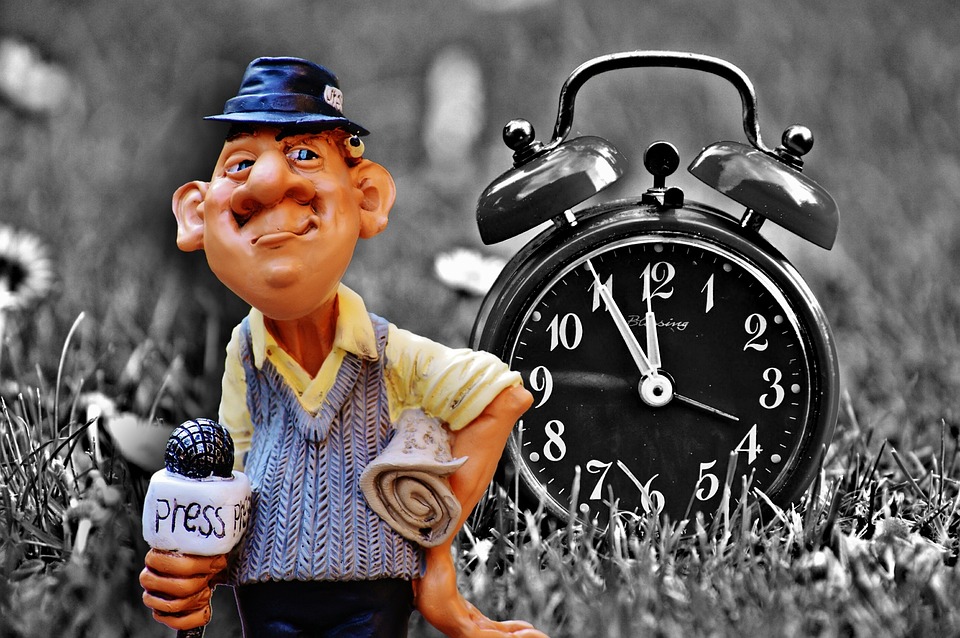[ad_1]
In the Myths of Mentoring, the difference between coaching and mentoring was discussed and many of the assumptions made about mentors and mentoring relationships were examined. .
But how do you build an effective mentoring relationship? Mentoring is about sharing knowledge and experience with an individual, and, in this case, helping them improve career success. Mentoring builds communication skills for the mentor, as well as providing them with a experience that is viewed positivelyby organizations for their own career development.An individual who is mentoring another is, and is acknowledged to be, a leader and an expert in their field.
Brown University asked many professional experts at a consortium of mentors “what makes a good mentor?” and this was one answer:
“Mostly, it’s a person who is willing to share of themselves. Most people aren’t mentors because they don’t put the time in, they don’t remember what it’s like to be in vulnerable positions – just starting out as a student or as a professor or in some other endeavor. You don’t learn the ropes anywhere except in a mentoring situation. Mentors are role models – not necessarily in a familial relationship. It’s someone you can look up to in a field you want to model yourself in. A good mentor is a person who lives an exemplary life. Sometimes you can be a mentor and not even know it.” – George Odell, professor of archeology, University of Tulsa.
When entering a formal or informal mentoring relationship, there are many factors to making it effective and successful. We’ll explore a few here:
1. The individual being mentored should own the mentoring relationship. The responsibility to set appointments, follow-up, and develop a strategy does not rest with the mentor. The mentee will reap the primary rewards of the relationship and it should be controlled mostly by them. Mentees should have an agenda, questions, or goals for each session.
2. Mentors should help mentees define their greatest strengths. There should be a real examination of what the individual does best and what their “bliss” is. Insightful questioning and education on discovering strengths can be found in Marcus Buckingham’s series of books that begins with First, Break All the Rules! . A mentor’s responsibility is to help the individual seek new ways and new ideas, possibly even a different career path, than they expected.
3. Mentors should help the individual find ways to develop new skills. Whether this is in public speaking, communication, or leadership development, the mentor assists with identifying resources like programs or workshops. The mentee poses the questions and the mentor helps find the answers.
4. Mentors help mentees build relationships. Because the mentor is more experienced, they have key contacts and subject matter experts in their network that the mentee likely does not. The mentor graciously shares their network, makes introductions, and guides the individual in developing and maintaining these new relationships. .
5. Mentors help the individual find new roles, assignments or projects that are in alignment with career goals. This is most effective in mentoring relationships where they both work within the same organization-but not necessarily. An example might be an accountant who really wants to get involved in the sustainability movement. The mentor (who was sought out for this purpose) knows of projects that they can introduce to the mentee or of positions at other organizations.
6. Mentors and mentees treat the relationship with respect and confidentiality. This means appointments are made and respected equally with other business appointments and information is not shared unless requested by the mentee. A mentor’s time is valuable, but so is the individual’s being mentored. The relationship should be given great care.
7. Mentors and the individual being mentored are able to provide feedback honestly. The mentee is in a vulnerable spot when choosing a mentor. Hopefully the choice was made because there was admiration of the mentor and it can be difficult to express dissatisfaction about the relationship. This is crucial for success! And the reverse is true. Honesty about whether or not the relationship is productive will only improve it. Both also need the freedom to end the relationship if it isn’t working. .
An individual may have one, or many, mentors in their lifetime. Someone may be mentoring someone informally without even realizing it, but the relationship can have a significant impact on the personal and professional development of both the mentor and mentee. It’s important to establish ground rules and operate out of a place of respect to make the most of this dynamic relationship.
[ad_2]
Source by Lethia Owens



